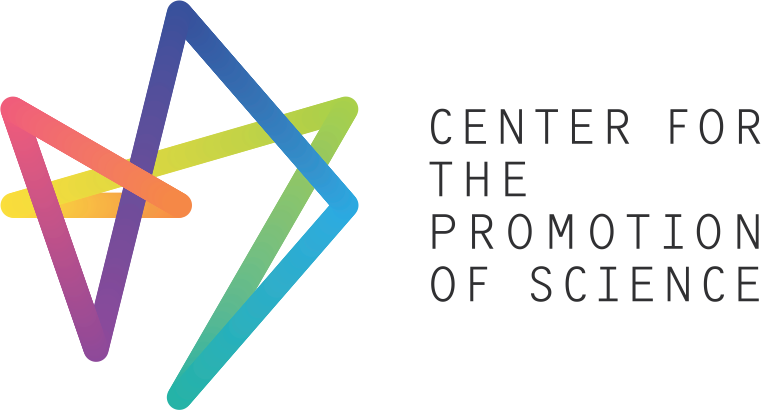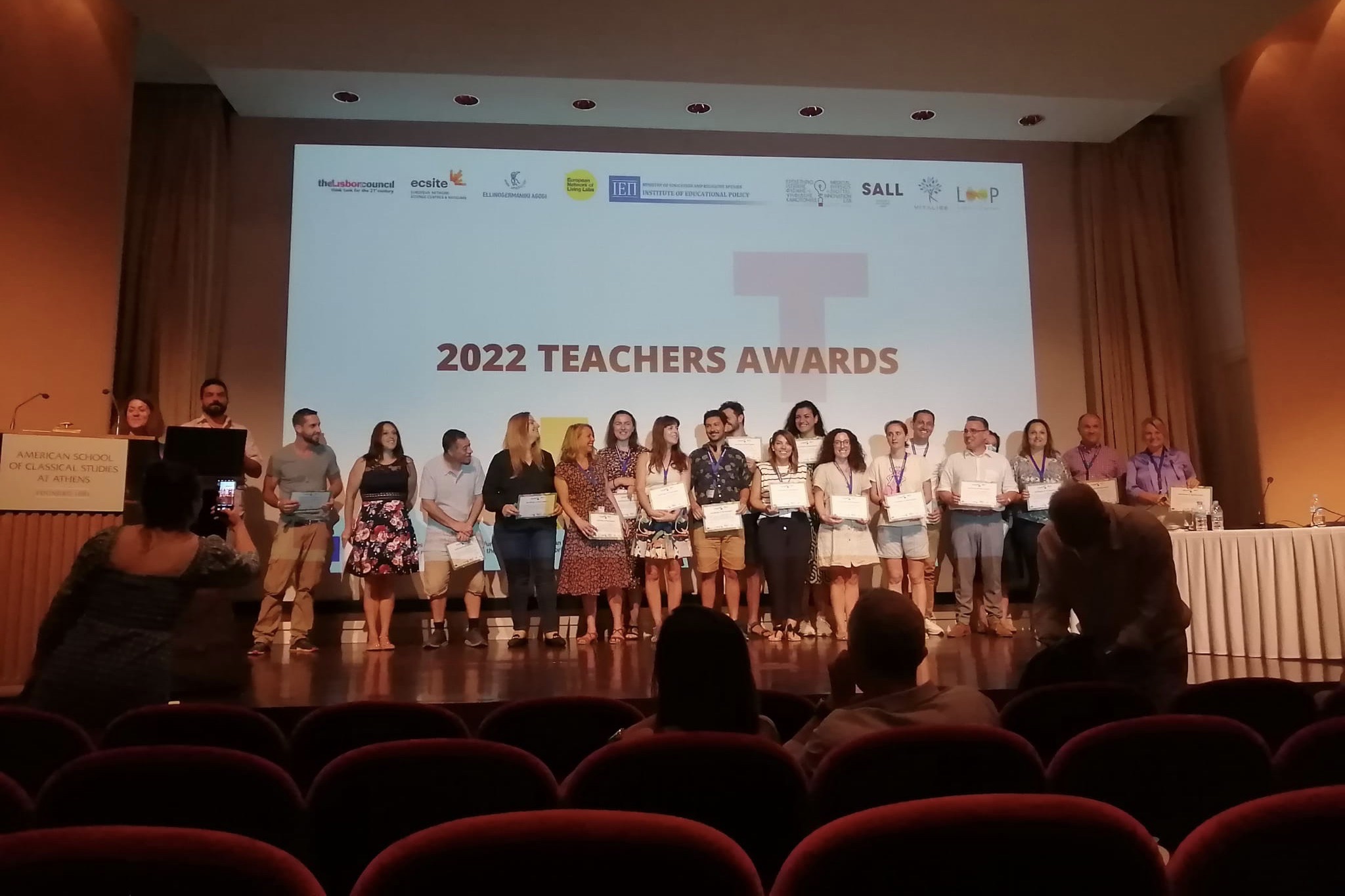
Schools as Living Labs
The SALL project aims to gather: school communities (teachers, students, and their families), research institutions, science museums and centers, informal learning and innovation spaces such as existing living labs, as well as education policy makers, and to engage them in an intense dialogue. The result of this dialogue would be to design an open education methodology based on the living lab, which relies on contemporary science education. This way, SALL offers a new opportunity to schools all over Europe to access their science education programs, for the sake of making STEM education more relevant, systematic, and inclusive, connected with the local communities and research centers, as well as actively supported by the engagement of the science centers and museums.
Project Information
Source of Funding: Horizon 2020 European Commission Programme
Implementation period: 09/2020 – 08/2023
Website: www.schoolsaslivinglabs.eu
Contact: Jelena Medenica – jmedenica@cpn.rs
Coordinator
Ellinogermaniki Agogi, Greece
Partners
The Lisbon Council for Economic Competitiveness and Social Renewal Asbl, Belgium
University of Cyprus, Cyprus
ECSITE, Belgium
Universidad De La Iglesia De Deusto Entidad Religiosa, Spain
Ciencia Viva-agencia Nacional Para A Cultura Cientifica
E Tecnologica, Portugal
Ort, Israel
Stichting Nationaal Centrum Voor Wetenschaps –
En Technologiecommunicatie, Netherlands
TRACES, France
Intrasoft International Sa, Luxembourg
Project Description
The SALL project brings these three topics together: open access education, open lab methodology, and the topic of nutrition systems. SALL seeks to establish and test possibilities within the formal education system to join local communities and schools in acting in coordination and synergy towards a shared goal. The project foresees mapping the problems related to food production and consumption in selected schools, and creating and implementing a suitable open lab development plan, which would be based on the following three principles:
1. real problem – actual solution;
2. engaging all social actors to whom the problem is relevant;
3. practical learning.
The topic of nutrition systems can include many different aspects. For example, food waste management, food culture and tradition, pollution in the food industry, agriculture, physiology of taste, food packaging, local food market, health issues, economy, esthetics… Each school will define a part of this topic relevant to it. Guidance for the open lab implementation will be developed and tested all over Europe among other partners of the project. In the final year of the project, evolved comprehension will be formulated in the shape of recommendations for the formal and informal education policies.
The Role of CPN
The Center for the Promotion of Science is formally in the position of a “third party” on this project, and conducts activities through the coordination of the European Network of Science Centers – ECSITE. The role of CPN entails participation in the open lab methodology development and methodology testing in two schools in Serbia, followed by its application in 10 additional schools. This way, 12 schools in Serbia, coordinated by the CPN, will have an opportunity to try a flexible approach to dealing with scientific topics and practical everyday issues which they will systematically analyze and resolve.

